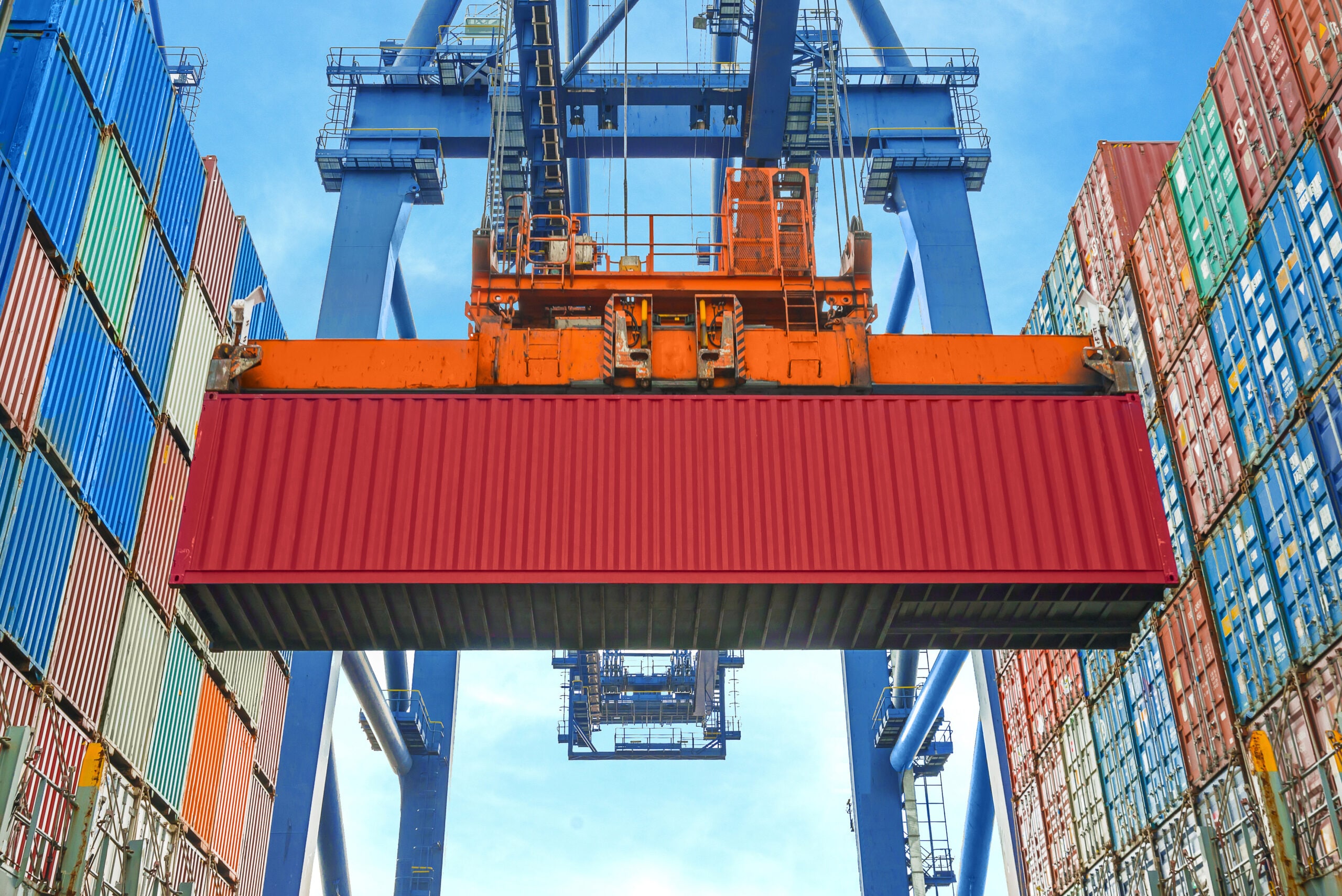International trade has a way of keeping you on your toes – and trade involving auto parts is no exception.
With recent tariff announcements from the U.S., automakers and auto parts suppliers are facing a new set of questions on how to best go about business.
40-80% of auto parts used in U.S.-made cars are imported, according to auto analyst Mel Yu. These parts come largely from Canada and Mexico in what is an intertwined supply chain where production is cross-border in nature. Even those cars manufactured in the U.S. depend on parts from elsewhere.
While European automakers like BMW, Volkswagen, and Ferrari export their luxury cars to the U.S., Europe also ships auto parts to America, including German car engines and premium French tires.
Tariffs on auto parts are set to go into effect May 3. While things can change in the interim, the auto supply chain – from parts exporters to parts importers and the automakers themselves – will have to figure out how to handle new trade policies, including who will absorb the tariff costs. German automaker BMW has already said it would cover the tariff costs leveled on its luxury vehicles built in Mexico.
While we do not have a full read on the agreements negotiated between auto parts suppliers and OEMs, this could be a possible scenario where the big guy like Ford steps up to cover the weight of increased prices.
Small and mid-sized companies, however, might be forced to eat the costs of tariffs themselves. Other retail giants such as Walmart have the bargaining power – and the upper hand – to pass these tariff expenses onto their suppliers if needed.
A few other things are being set in motion with the tariff announcements. Some reports mention that since car sticker prices are slated to go up as much as $12,000, we could see a rise in used cars sales stateside, which could have a positive impact on the automotive afterparts industry that is focused on car repair and replacement parts.
Of course, the bigger impact can be on supply chains themselves and if and when car makers invest more in U.S. manufacturing facilities. If companies decide to do this, it can take a few years for factories to become up and running, or for production capacity to be expanded, so measures between exporters, importers and automakers are likely to take shape during the transition.
What are tariffs anyway and when are they paid?
Tariffs are costs imposed on products and services imported into a country from another country. They can be seen as a tool to protect national interests, like jobs, business, the economy, and general security.
When a tariff goes into effect, an importer is expected to pay the tariff fee right away after clearing customs. Auto parts tariffs are based on the type of auto part and the country of origin. Currently, the list of auto parts that will be subject to tariffs include engines, brake hoses, and transmissions.
Trade Finance: A Strategic tool for New Auto Parts Dynamics
Again, some negotiations between auto parts importers and OEM companies may be kept private. However, strong cash flow is going to remain important for auto companies up and down the supply chain.
Trade finance is one financial tool that can be useful in providing additional liquidity and a means to bridge cash flow during any cash crunches or new capital expenditures that come about, including from rejiggered payment terms and supply chains in the auto and auto parts industry on the heels of tariff enforcements.
The World Trade Organization reports that eighty to ninety percent of global trade is already supported by trade finance. This financing technique will be valuable as trade policies and patterns shift just like they have before. During other supply chain disruptions and shakeups in recent years, including the pandemic, geopolitical events, the move to nearshore, and low water levels in the Panama Canal which limited cargo volumes passing through, trade finance was a stable force delivering reliable and flexible capital for businesses trading internationally.
How does export factoring and supply chain finance work?
Here’s how trade finance works:
Suppliers can sell their invoices, also called receivables, to a 3rd party financial institution and in exchange receive up to 90% of the invoice amount, in cash, within 48 hours of their invoices being verified.
This process essentially allows suppliers to get paid quickly, rather than having to wait months to get paid by their buyers, or those companies who purchase their products. Monthslong waits are common in commercial transactions and trade finance is an antidote to bridge the cash gap.
Having more cash on hand enables companies to successfully overcome cash crunches which can come about by anything from extended payment terms with buyers, to the working capital expenses linked to rapid growth, and in the case of the auto parts industry, the associated costs of the pending tariffs.
Supply chain finance works similarly, but is usually initiated by a buyer, say a carmaker like Ford, and allows Ford’s suppliers to receive early funding, equipping them to keep up with orders.
Generally speaking, export factoring and supply chain finance are tools that improve cash flow, facilitate better payment terms between buyer and seller, and create more room for growth.
While SMEs, or small and medium-sized companies, may struggle to obtain traditional loans from banks, trade finance organizations offer flexible working capital solutions that are SME friendly. This flexibility can be beneficial for auto parts mid-sized companies who may be looking for liquidity support in the face of new tariffs that they may have to absorb the cost of.
The Upshot
International trade is constantly in flux. With a new round of tariffs that will target auto parts imports starting May 3, cash flow will have to be protected amid the threat of higher costs and adapting supply chains.
Trade finance, and the age-old practice of factoring your receivables to get paid upfront, is a tried-and-true strategy to stay financially robust amid shifting trade policies and evolving priorities and measures in the auto and auto parts industries.
About the Author
Founded in 2000, Tradewind Finance is an international trade finance company that maintains a network of offices all over the world, including Bangladesh, Bulgaria, China, Hong Kong SAR, Hungary, India, Pakistan, Turkey, UAE, and the USA as well as the headquarters in Germany. Combining financing, credit protection, and collections into a single suite of trade finance products, Tradewind brings streamlined, flexible, and best-in-class services to the world’s exporters and importers.
Tradewind is delighted to be celebrating its 25th anniversary this year. For a half century, the firm has supported exporters, importers, manufacturers and others with innovative cash flow solutions that drive business growth and enable smooth trade.


